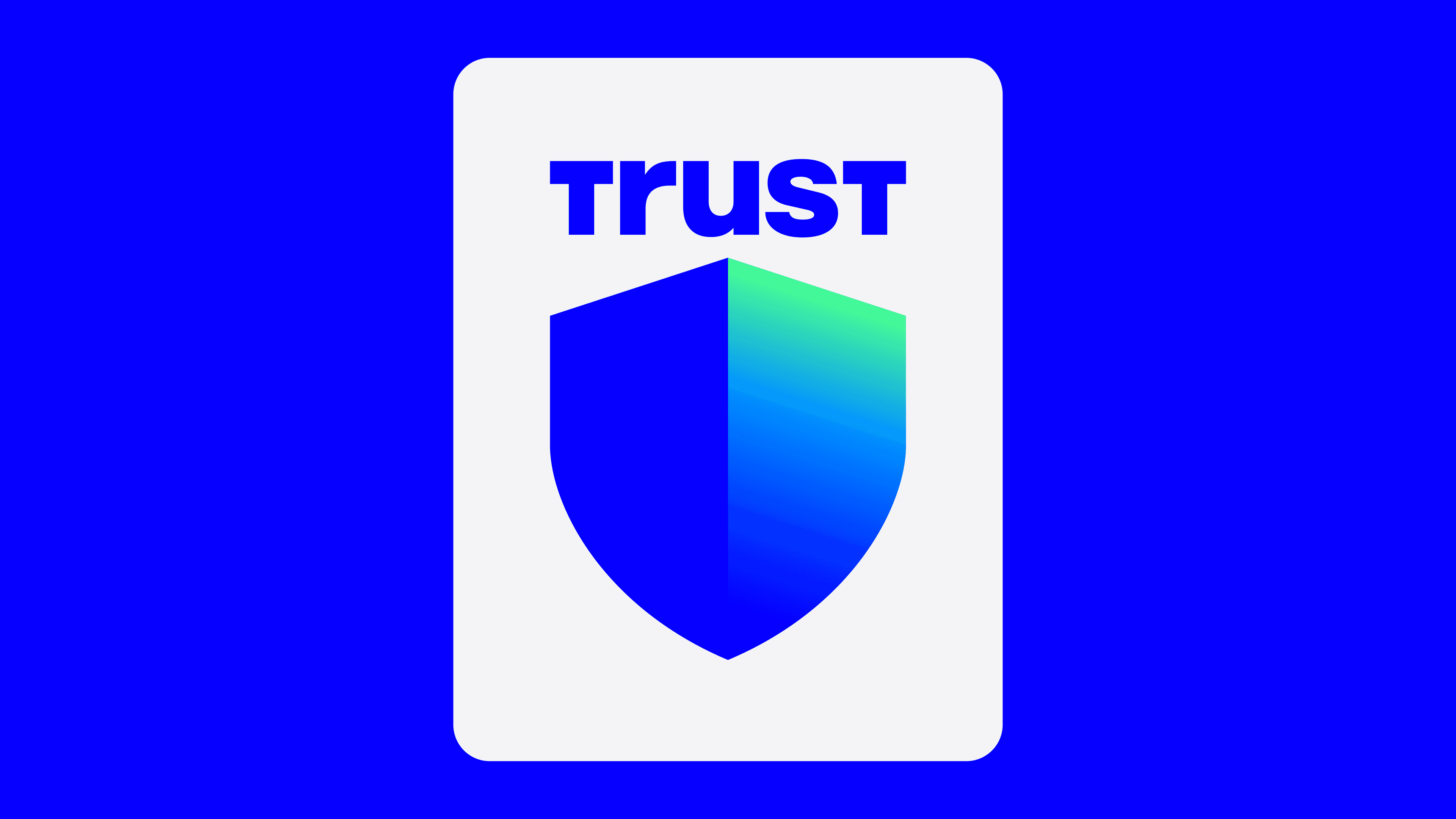Wow! Have you ever stopped to think how your crypto wallet could be the weakest link in your whole digital fortress? Seriously, it’s wild how often people overlook that part. I mean, you spend hours picking the best coins or scouting DeFi protocols, but then slapdash your wallet security? Hmm… something felt off about that for me, at least.
Trust Wallet has been buzzing in the community — especially with mobile users who want a slick, secure way to handle crypto on the go. But I gotta admit, when I first downloaded it, I wondered if it was just another flashy app or if it truly had robust features beneath the surface. Initially, I thought, “It’s probably just another multi-currency wallet,” but then I dug deeper and realized its security layers and DeFi integrations are seriously next level.
Let’s break this down a bit. Wallet security isn’t just about a password or biometric lock. It’s about how your private keys are managed, how the app interacts with decentralized protocols, and even how it lets you earn crypto safely. And for mobile users, all this has to run smooth without turning your phone into a hacker’s playground.
Okay, so check this out — Trust Wallet uses an open-source approach. That means its code is out there for anyone to audit. On one hand, this transparency boosts trust, though actually, it also means the devs have to be super vigilant about updates because vulnerabilities can pop up if they’re not careful. But knowing you’re not stuck with a black box is comforting.
What bugs me a bit is the sheer flood of DeFi protocols popping up these days. Some are solid, others… not so much. Navigating this jungle can be daunting, especially when your wallet is your main interface. Trust Wallet’s built-in access to DeFi DApps is pretty slick — you can jump into staking, yield farming, or swapping without leaving the app. But beware, not all protocols are created equal, and some may have hidden risks or high gas fees that seriously eat into your earnings.
And speaking of earnings, this is where things get interesting. Many folks think crypto wallets are just for storage, but with DeFi, wallets are gateways to active income streams. Staking tokens, lending them out, or participating in liquidity pools can grow your holdings passively. Trust Wallet supports many of these options, giving users a chance to earn while holding. But here’s a catch — the more you chase yields, the more you expose yourself to smart contract risks. I’m biased, but I always recommend a cautious approach; don’t throw all your eggs in one basket.
Now, you might be wondering how to even start with Trust Wallet if you haven’t already. I found a handy place to download the official app safely — no shady redirects or fake versions sneaking in. You can grab it directly at https://sites.google.com/mycryptowalletus.com/download-the-trust-wallet-of. Seriously, this saved me from a sketchy ad I almost clicked on.
One thing that’s often overlooked is how Trust Wallet manages your private keys locally on your device. This means your keys never leave your phone, reducing exposure to hacks that target centralized servers. But, of course, that also means if you lose your phone or your backup phrase, you’re kinda outta luck. The responsibility is heavy, and honestly, some people underestimate that.
Here’s the thing. Mobile crypto wallets like Trust Wallet have to balance convenience with security. Too much security can make it clunky; too little, and you’re vulnerable. Somehow, Trust Wallet strikes a reasonable middle ground by letting you set a PIN, use biometric locks, and even connect with hardware wallets for an extra layer. It’s not perfect, but it’s impressive for a free app.
Another angle to consider is the wallet’s compatibility with multiple blockchains. Trust Wallet supports Ethereum, Binance Smart Chain, and many others. This multi-chain support is crucial because DeFi isn’t limited to one network anymore. You want your wallet to be flexible, letting you tap into various ecosystems without juggling multiple apps.
But I gotta admit, this can get confusing fast. Sometimes, you forget which chain you’re on or accidentally send tokens to the wrong network. Trust Wallet does its best to warn you, but user error is real. So patience and double-checking details are very very important here.
Check this out — the wallet also includes a built-in Web3 browser. This lets you interact directly with decentralized apps, without needing another interface. It’s super handy for mobile users who want to dive into DeFi protocols quickly. But, I’m cautious here: this convenience can sometimes lead to less scrutiny on what permissions you grant these apps, which could be risky if you’re not paying attention.

Honestly, I find that to be the best part — you don’t have to juggle between multiple apps or websites. It’s all right there, wrapped in a user-friendly package. Still, it’s a jungle out there, and having the right tools only gets you halfway. Your own vigilance is the other half.
Why Mobile Users Should Care About Trust Wallet’s Security and Features
Mobile crypto users face unique challenges. Phones can get lost, stolen, or infected with malware more easily than desktops. Plus, the screen size and interface limitations can tempt folks into rushing transactions or ignoring warnings. Trust Wallet’s design acknowledges these pitfalls by emphasizing local key storage and multi-factor security.
But I’ll be honest — no wallet is bulletproof. The security ecosystem is always evolving, and so are the threats. This is why understanding how your wallet interacts with DeFi protocols is crucial. Some protocols have had exploits that drained users’ funds even when the wallet was secure. So, your wallet’s role is to be a secure gateway but not a magic shield.
Something else worth noting: Trust Wallet’s open-source nature means the community can spot and report bugs faster, but it also means the app depends heavily on active development and updates. Skipping updates or ignoring new security patches is basically signing up for trouble. So keep that app updated — it’s very very important.
Now, if you’re looking to get started or just want a reliable place to download Trust Wallet, I recommend visiting https://sites.google.com/mycryptowalletus.com/download-the-trust-wallet-of. It’s a legit source that steers clear of phishing scams and fake apps that often circulate in the crypto space. Protecting your wallet begins with where you download it.
One last thought — I’m not 100% sure if Trust Wallet will be the ultimate solution for everyone, especially as DeFi grows more complex. But for mobile users wanting a solid mix of security, accessibility, and earning potential, it’s definitely worth a serious look. It’s not perfect, but it’s one of the better options out there.
Frequently Asked Questions
Is Trust Wallet really safe for mobile crypto users?
Generally, yes. It stores private keys locally and offers biometric and PIN security. But the ultimate safety depends on user behavior, such as keeping backups and avoiding phishing scams.
Can I earn crypto directly through Trust Wallet?
Absolutely. Trust Wallet supports staking and connects to various DeFi protocols where users can participate in yield farming and other earning mechanisms, right from their mobile device.
Where’s the safest place to download Trust Wallet?
The official sources are best, and for convenience and safety, https://sites.google.com/mycryptowalletus.com/download-the-trust-wallet-of is a trustworthy option to avoid fake or malicious versions.
